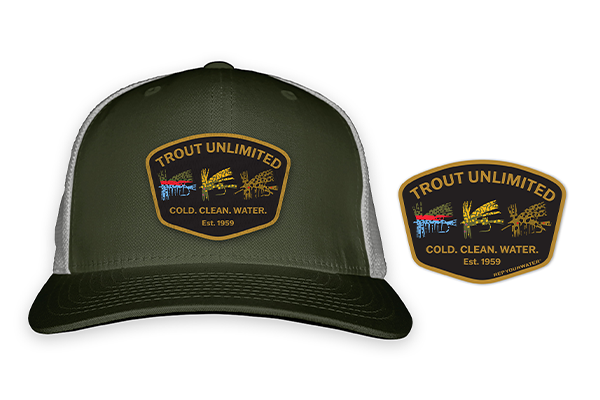After decades of litigation, delay and dwindling salmon runs, the federal court has once again stepped in. And this time, the urgency could not be clearer.
Without urgent intervention, salmon will disappear from the landscape
In his February 25, 2026 opinion, Judge Michael H. Simon did not mince words. For more than 30 years, he wrote, “the abundance of these salmonids has dwindled to near extinction levels.” He described salmon as “one of the foundational symbols of the West, a critical recreational, cultural, and economic driver,” and warned that they are “disappearing from the landscape.”
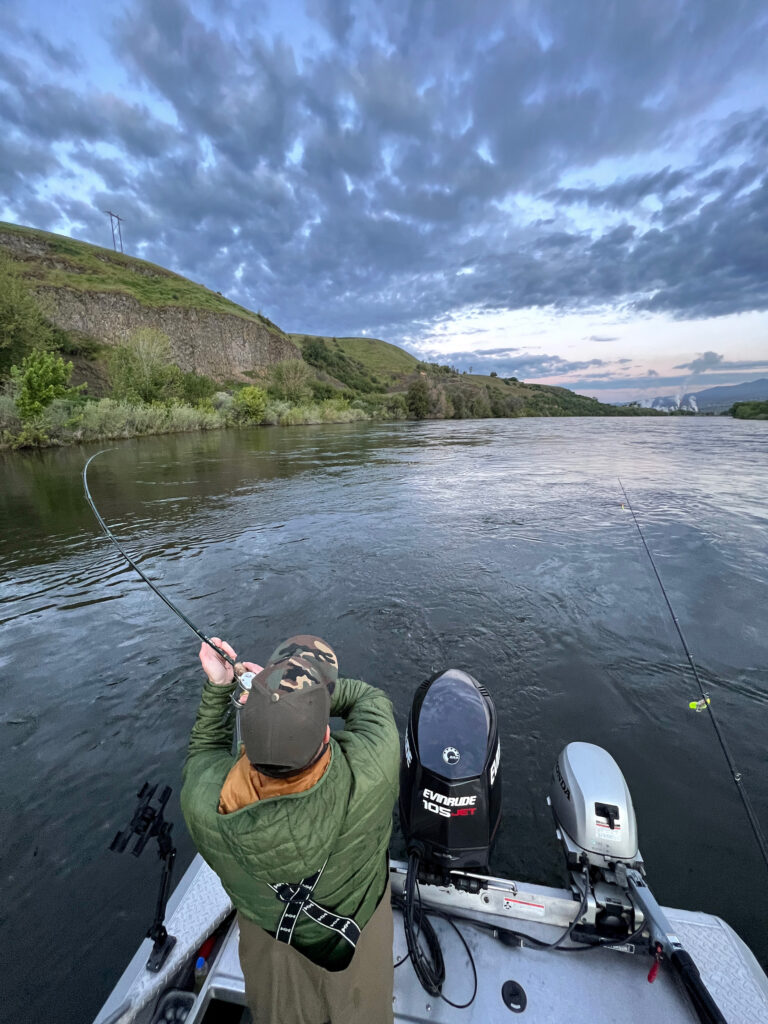
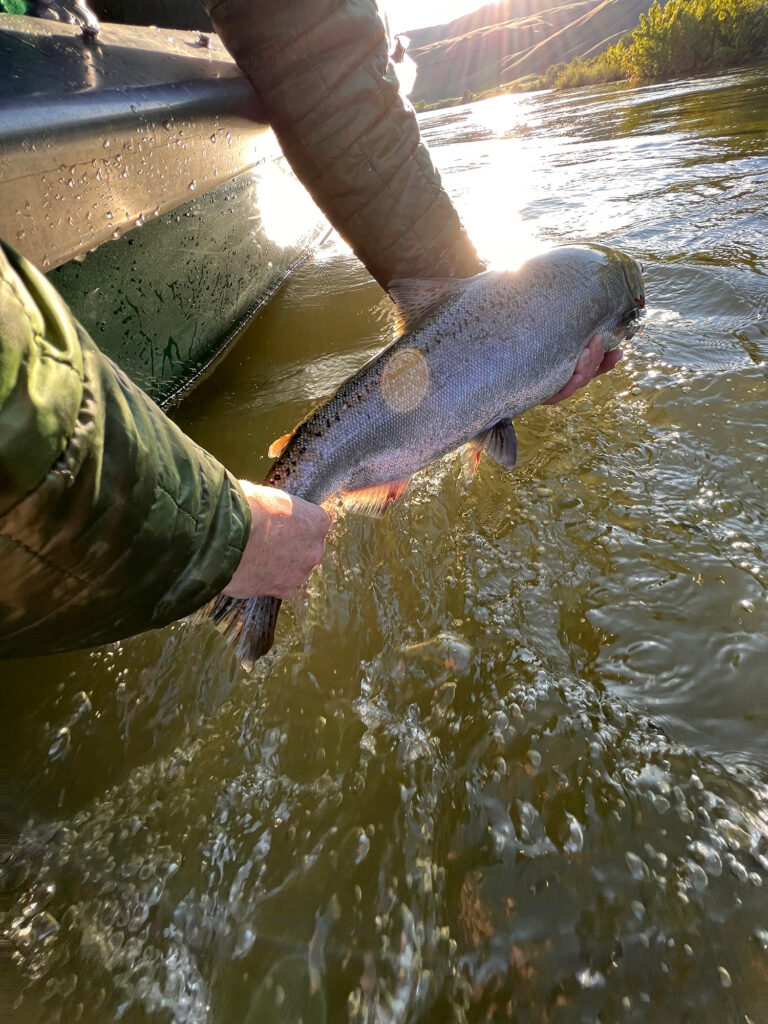
This is a federal court acknowledging what anglers, tribal nations and rural river communities across the Columbia and Snake River basins have witnessed firsthand.
Short term fix for a long-term problem
When reservoirs are held high, water slows down. Juvenile salmon and steelhead must navigate long, warm, predator-filled pools increasing stress, disease exposure and mortality. Lowering reservoirs reduces that slackwater effect and speeds up current.
In simple terms, faster water gets fish to the ocean sooner.
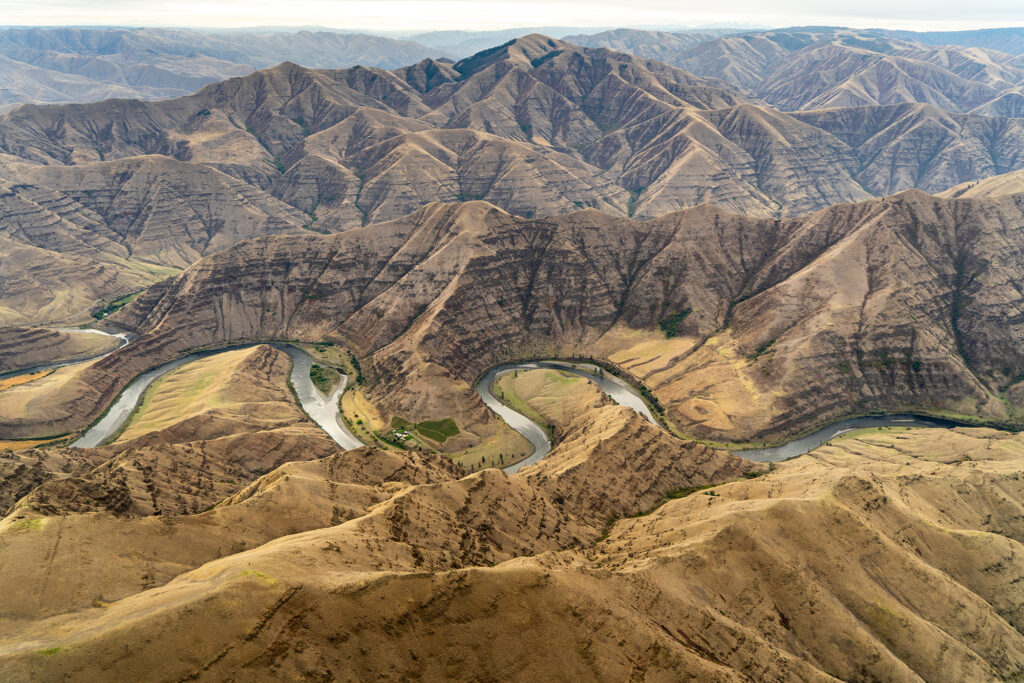
Reducing water transit time is critical. The longer juvenile fish remain in the hydrosystem, the more energy they burn and the more they are exposed to predators and lethal temperatures.
Faster passage:
- improves survival rates,
- boosts smolt-to-adult return potential
- and strengthens life-history diversity.
The Court’s order requires changes in reservoir operations that move more water over the dams during key migration windows. This is a short-term operational fix, but one with a real biological impact. Importantly, while plaintiffs requested full minimum operating pool (MOP) levels, the Court did not order continuous MOP operations. Instead, Judge Simon required reservoirs to operate at 2025 operating levels, levels that are lower than what the 2020 Biological Opinion allows, but higher than full MOP.
In other words, the Court chose a middle path, more protective than the current federal plan but not as aggressive as plaintiffs sought.
Judge Simon’s order acknowledges what courts have repeatedly recognized’ dam operations “cause substantial harm to listed salmonids.”
The status quo has got to go
The Court found that the agencies’ biological opinion likely fails under the Endangered Species Act for relying on uncertain mitigation benefits, failing to properly analyze climate change and failing to fully account for recovery. That legal finding matters because it reinforces that status quo operations are not enough.
To put this in context, the Court used the following example,
“If normal operation of Bonneville Dam kills 1000 fish, and the proposed 2020 operation includes modifications that would result in only killing 900 fish, then the Federal Defendants’ analysis is that the proposed action saves 100 fish, thereby benefitting the species and not causing jeopardy, instead of that the action kills 900 fish.
If the entire fish population is 1100, then killing 900 might jeopardize the species, regardless of whether dam operations improved the final number of fish by 100.”
The Court did not order structural change. It did not remove dams. But it did require meaningful operational improvements because the risk of irreparable harm is real.

As Judge Simon noted, previous biological opinions followed “the same well-worn and legally insufficient path” that failed to reverse decline. This order signals that incremental promises without measurable recovery won’t pass muster.
For Trout Unlimited members, Tribal co-managers, rural outfitters, small-town businesses and families whose livelihoods and cultures depend on healthy rivers, this is both vindication and validation. We have long argued that operational improvements, such as spill, flow and reservoir management can and must reduce mortality while we pursue a broader basin-wide recovery strategy.
True recovery, the kind envisioned by the Columbia Basin Partnership and required under the Northwest Power Act’s mandate to “protect, mitigate, and enhance” means rebuilding river function, restoring habitat, addressing climate resilience, honoring treaty obligations and confronting the long-term role of the lower Snake River dams.
What this means for salmon and steelhead
This order creates breathing room. It reduces immediate mortality. It lowers risk during critical migration windows. That is real progress. But the long-term vision remains; abundant, harvestable, resilient salmon and steelhead populations that sustain tribal nations, support rural economies and provide opportunity for future generations of anglers and river communities alike.
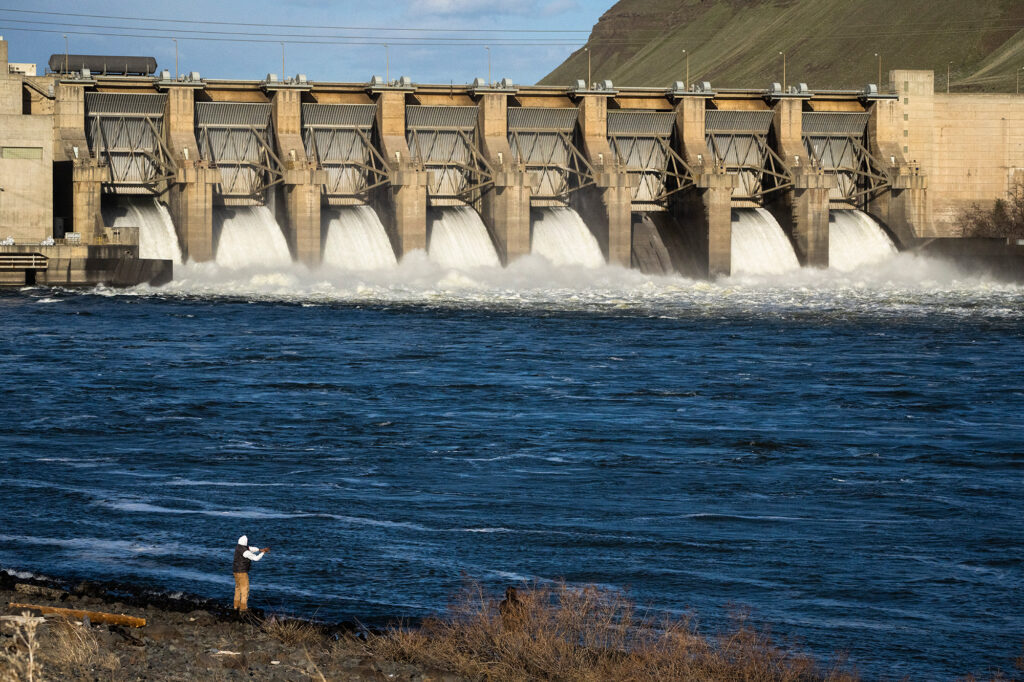
For decades, the “greatest battle,” as Judge Simon observed, has been fought in the courts.
But salmon recovery will not be secured by litigation alone. It will be secured by tribal nations asserting treaty rights, rural communities demanding economic transition solutions, conservationists advancing science-based policy and grassroots advocates insisting on durable reform. This ruling shows that the law still requires recovery, not just management of decline. It confirms that urgency is justified. And it demonstrates that operational reform can reduce harm now.
For Trout Unlimited, alongside tribal partners and river communities, this is a call to stay engaged. We have a short-term win. We have a court affirming that the status quo is not sufficient. And we have a long-term responsibility to finish the job.
Salmon cannot afford another lost decade.
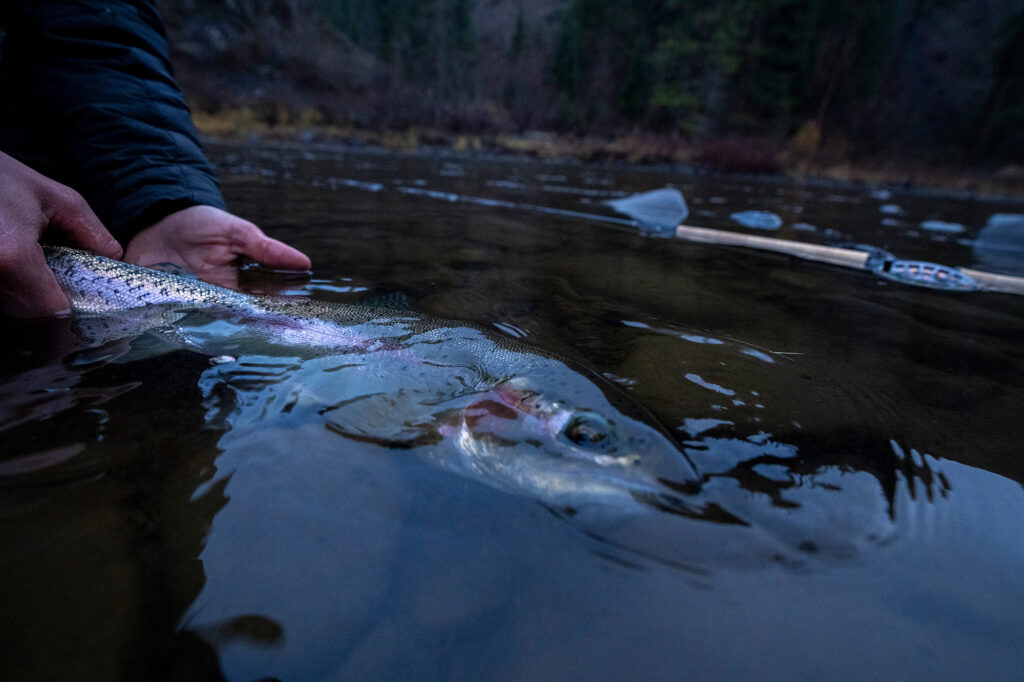
Take Action for a Free-Flowing Snake River
Salmon recovery will not be secured by litigation alone. It will be secured by tribal nations asserting treaty rights, rural communities demanding economic transition solutions, conservationists advancing science-based policy and grassroots advocates insisting on durable reform.

